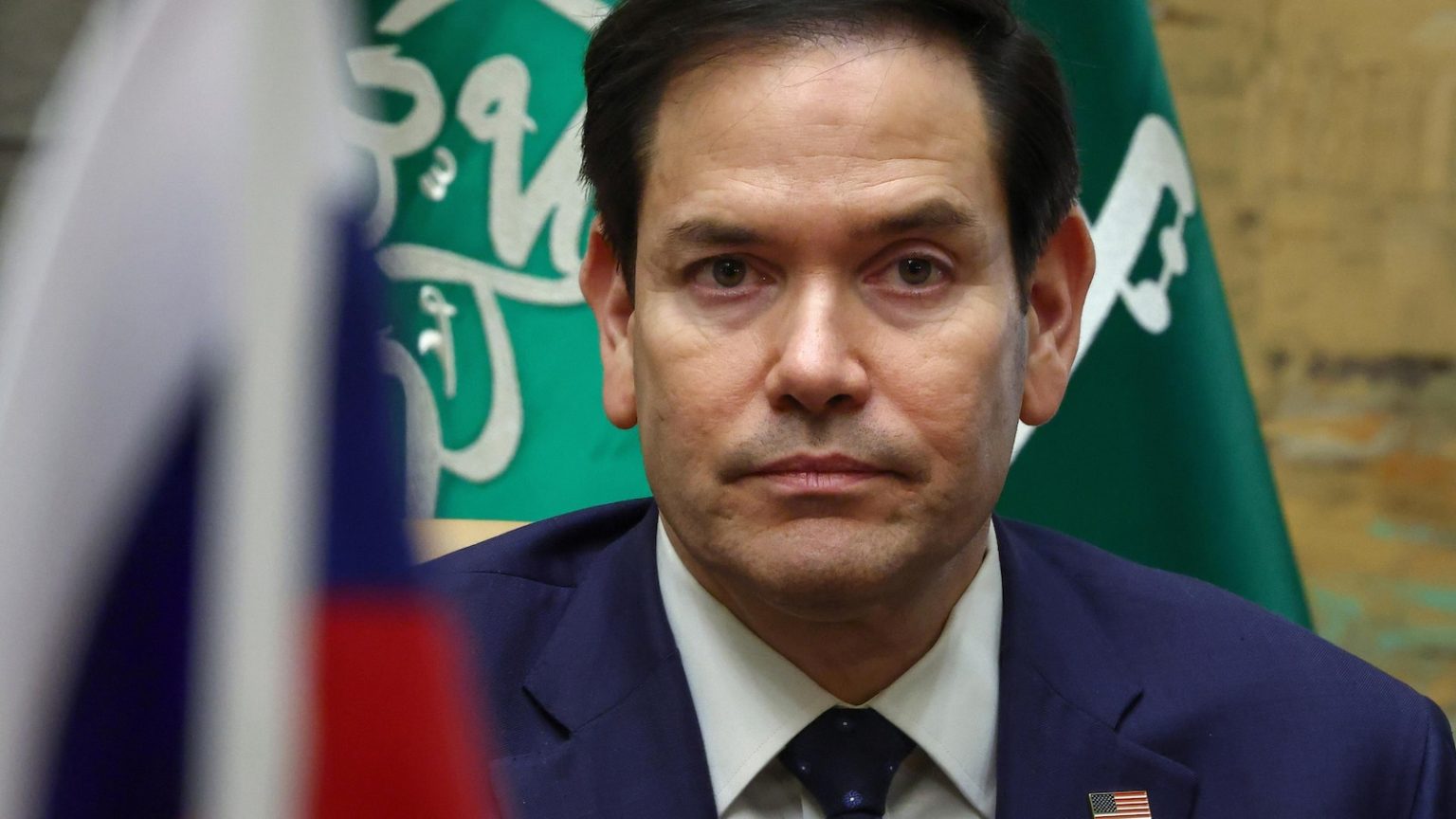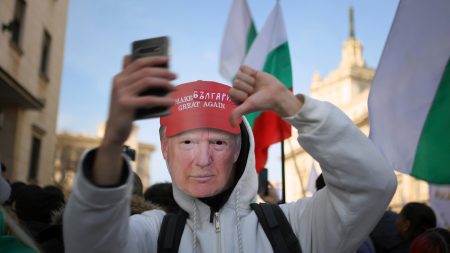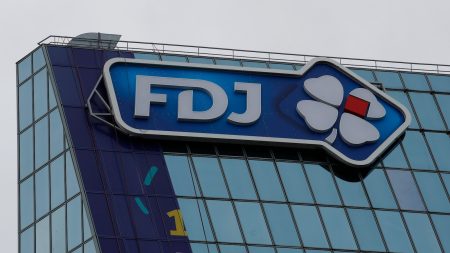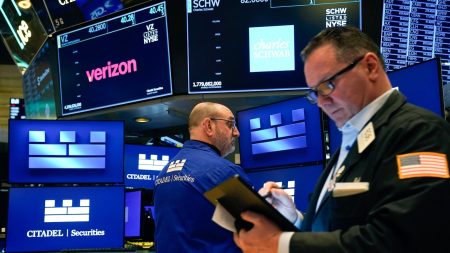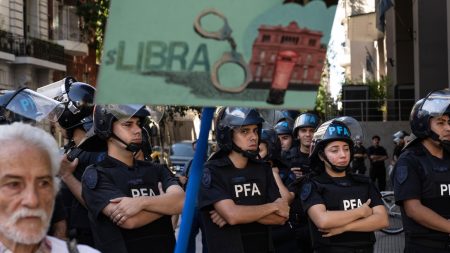The G20 Foreign Ministers’ Meeting in South Africa: A Forum for Global Challenges
The G20 foreign ministers’ meeting in Johannesburg, South Africa, took place on Thursday, bringing together top diplomats from the world’s leading economies to address pressing global issues. Among the attendees was Russian Foreign Minister Sergey Lavrov, whose presence underscored the ongoing tensions surrounding the Ukraine-Russia conflict. This meeting occurred just two days after bilateral talks between the United States and Russia, which excluded Washington’s European allies and Ukraine, raising concerns about the marginalization of key stakeholders in efforts to end the war. The absence of U.S. Secretary of State Marco Rubio, who opted not to attend the gathering, further highlighted the strained relations between the U.S. and South Africa, as well as the broader divisions within the G20.
Rising Tensions and Divided Agendas: The U.S. and South Africa
The decision by Marco Rubio to skip the G20 meeting was largely driven by the Trump administration’s criticism of South Africa’s policies, which it deemed anti-American. This included South Africa’sύνwy grille stance at the United Nations, where it accused Israel of genocide in Gaza, as well as its relationships with Iran and China. The U.S. responded with an executive order cutting all aid and assistance to South Africa, further deepening the rift. Rubio’s absence, along with his public dismissal of South Africa’s G20 theme of "solidarity, equality, and sustainability," signaled a broader shift in U.S. foreign policy under the Trump administration, which prioritizes an "America First" approach over international collaboration. Despite this, South Africa downplayed the significance of Rubio’s absence, with Foreign Minister Ronald Lamola emphasizing that the U.S. was not fully boycotting the G20 presidency.
European Unity and the Russia-Ukraine Conflict
While the U.S. and South Africa’s tensions dominated headlines, European nations used the G20 meeting as an opportunity to reinforce their support for Ukraine and condemn Russia’s aggression. The United Kingdom, France, Germany, and the European Union all reaffirmed their commitment to Ukraine’s sovereignty and expressed their willingness to participate in any ceasefire negotiations. However, the meeting also revealed the complexities of European unity, as the bloc seeks to navigate its own internal divisions while presenting a united front on the Russia-Ukraine war. The G20 platform provided European diplomats with a chance to address the conflict and advocate for a peaceful resolution, even as the war approaches its third anniversary.
South Africa’s G20 Presidency and the Developing World’s Agenda
As the current G20 president, South Africa aimed to use the meeting to prioritize issues critical to the developing world, such as debt refinancing and climate change. In his opening speech, South African President Cyril Ramaphosa highlighted the opportunity for "serious dialogue" on these pressing challenges, which are exacerbating global inequality and instability. However, the geopolitical tensions dominating the agenda, particularly the Russia-Ukraine conflict, overshadowed these developmental concerns. Ramaphosa acknowledged the lack of consensus among major powers on how to address these issues, reflecting the broader challenges facing the G20 in fostering meaningful cooperation.
The G20’s Struggle for Consensus and Effectiveness
The G20 was established to bridge the divide between developed and developing nations, fostering global economic stability and collaboration. Yet, the grouping has consistently struggled to achieve consensus due to the competing interests of its member states, including the U.S., Europe, Russia, and China. The absence of key figures like Rubio and U.S. Treasury Secretary Scott Bessent, who also declined to attend a G20 finance ministers meeting, further undermined the G20’s effectiveness. These absences were seen as embodiments of the Trump administration’s skepticism toward global institutions and its preference for unilateralism over multilateralism. As the G20 seeks to address issues like climate change, pandemics, and energy insecurity, its ability to unite its members will be crucial.
Conclusion: The G20’s Role in a Fragmented World
The G20 foreign ministers’ meeting in Johannesburg underscored the complexities of global diplomacy in a fragmented world. While European nations sought to project unity on the Russia-Ukraine conflict, the U.S. and South Africa’s tensions highlighted the challenges of maintaining cohesion within the grouping. South Africa’s G20 presidency offered a platform for addressing issues critical to the developing world, but the meeting’s agenda was inevitably dominated by geopolitical rivalries and divisions. As the G20 moves forward, its success will depend on its ability to balance the competing interests of its member states while advancing a shared vision for global stability and cooperation. The absence of key figures like Rubio, coupled with the Trump administration’s "America First" approach, raises questions about the G20’s ability to achieve meaningful progress in the face of rising polarization and unilateralism.





